New lithium polysulfide flow battery for large-scale energy storage
Green Car Congress
APRIL 25, 2013
Researchers from the US Department of Energy’s (DOE) SLAC National Accelerator Laboratory and Stanford University have designed a new lithium/polysulfide (Li/PS) semi-liquid (flow) battery for large-scale energy storage, with lithium polysulfide (Li 2 S 8 ) in ether solvent as a catholyte and metallic lithium as an anode.


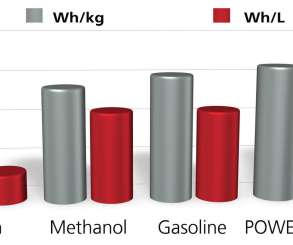




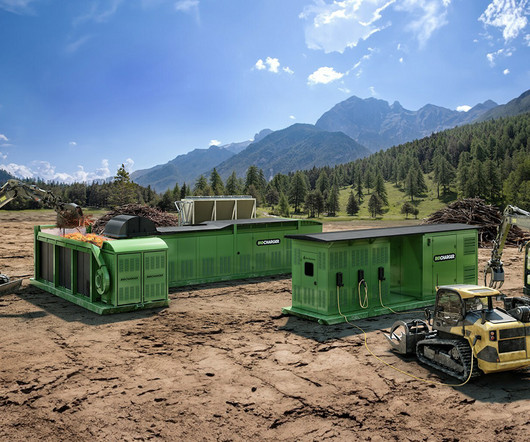








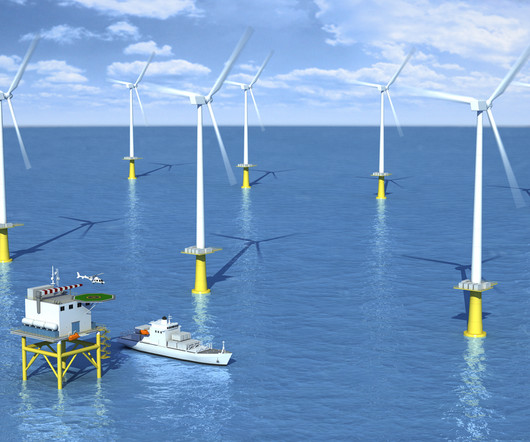





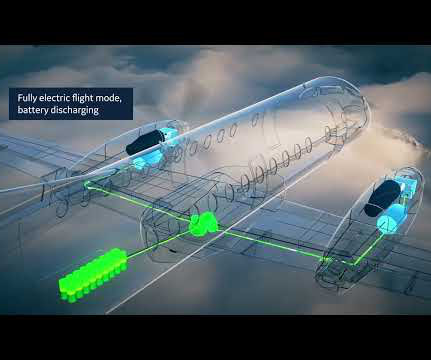
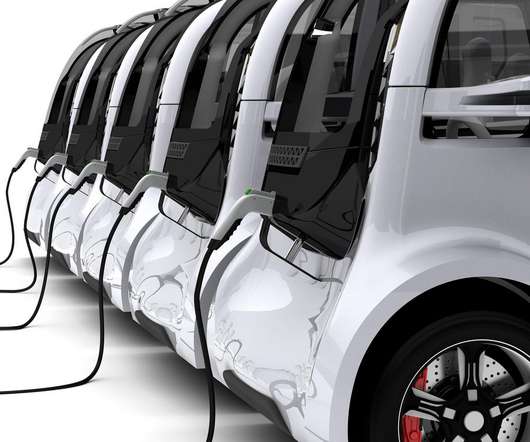







Let's personalize your content